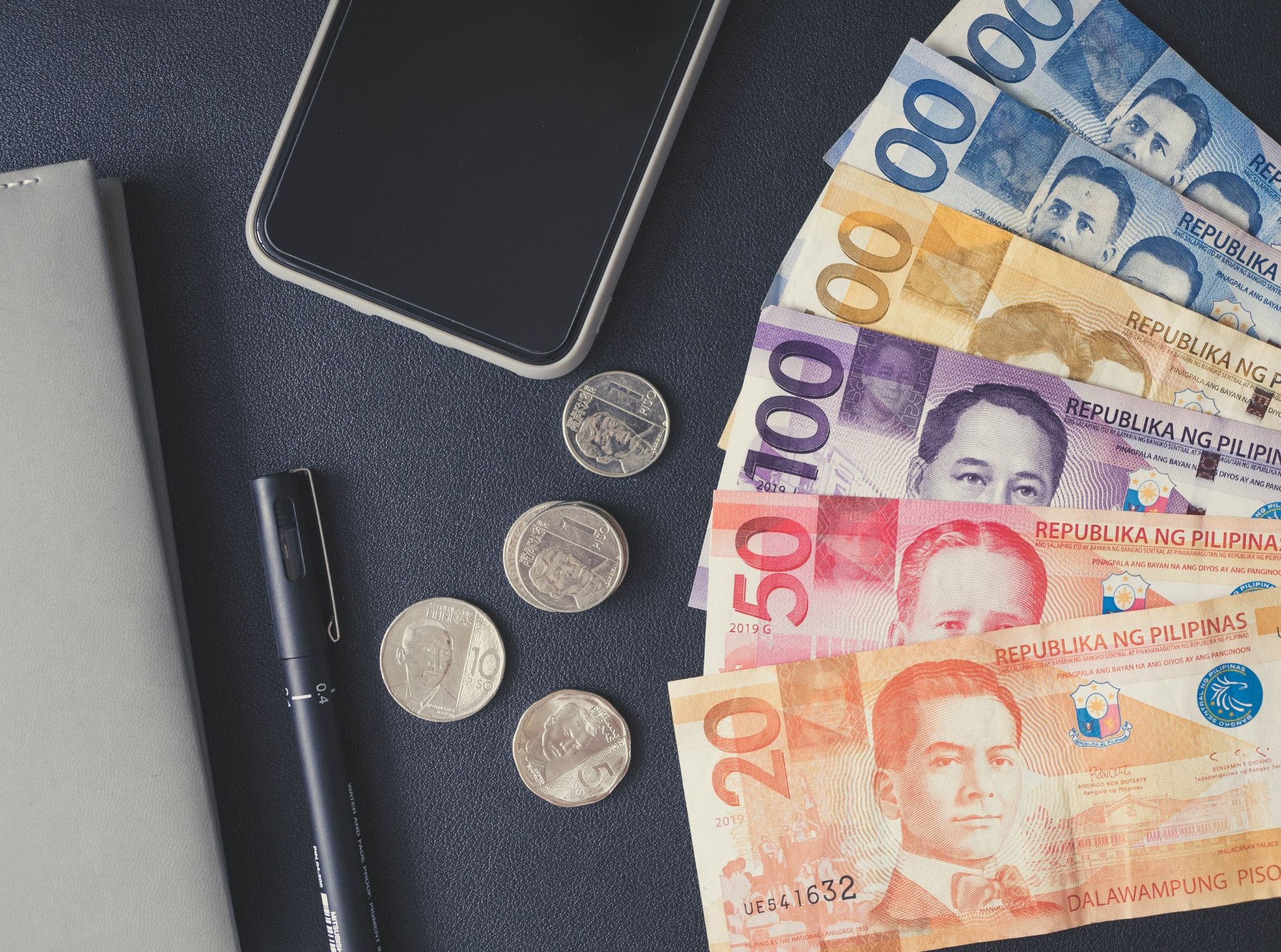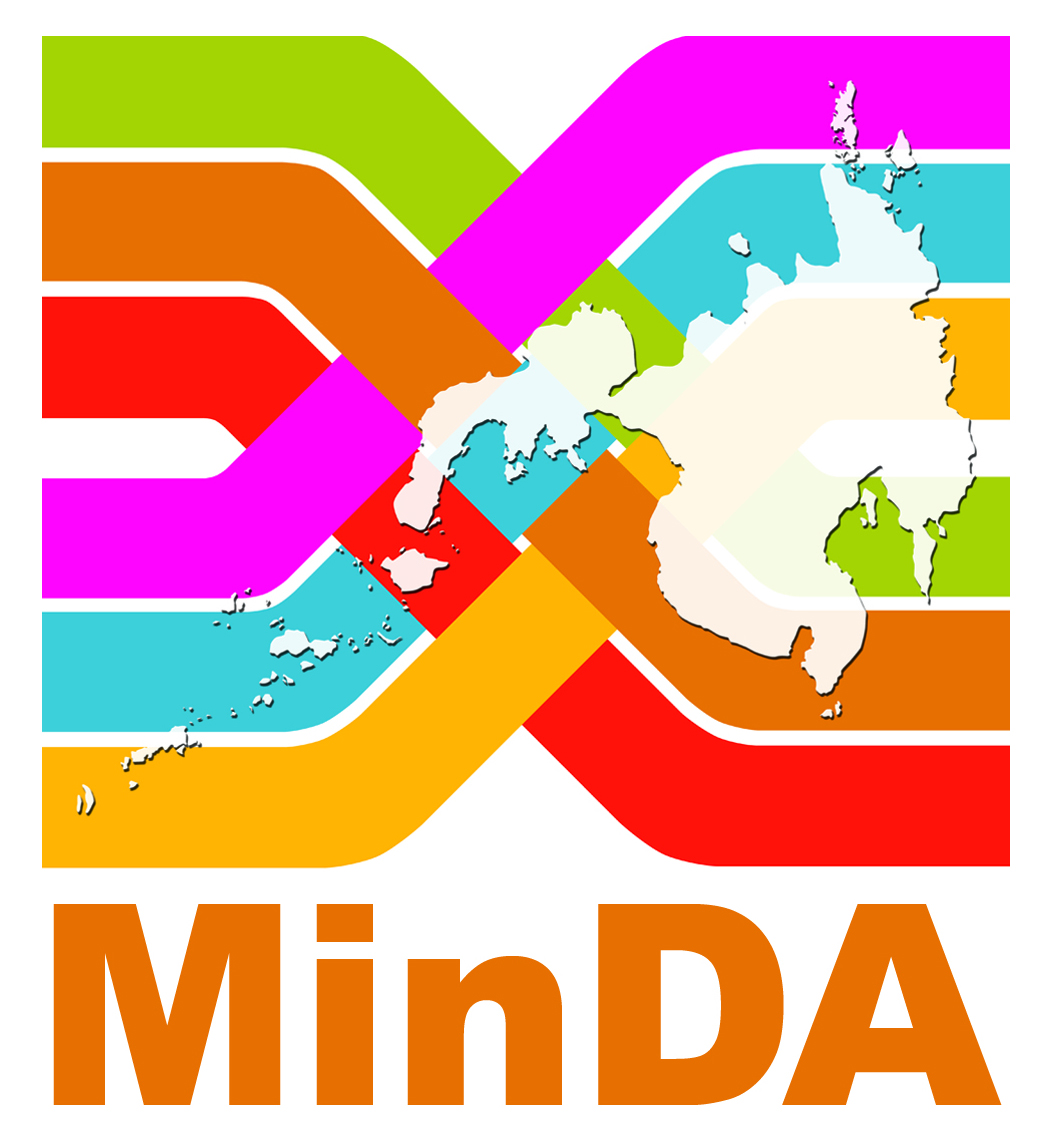Financial Literacy and Inclusion
Socioeconomic Issue in Spotlight

FOR MANY FILIPINO families, discussing money is uncomfortable. Children seldom hear their parents openly discuss their income or involve them in financial planning. Traditionally, fathers were the primary earners, while mothers managed the household budget, and children were expected to focus on their education. However, this family structure has evolved as more mothers join the labor force, with some even migrating abroad for better opportunities.
According to the Philippine Statistics Authority’s Family and Income Expenditure Survey, food accounted for the largest expenditure for Filipino families in 2021, representing 43 percent of their total spending. Housing, water, electricity, gas, and other fuels followed at 24 percent, with transport making up 6 percent.
Despite concerns about commodity and petroleum prices, Filipinos remain resilient and optimistic. However, the challenge lies in translating this optimism into tangible action and societal outcomes. Filipinos deserve a financial situation where they can comfortably cover regular expenses, maintain financial stability during emergencies, and save for the future.
Saving is Caring
In 2021, the Bangko Sentral ng Pilipinas (BSP) reported a significant increase in the percentage of Filipino adults with bank accounts, rising from 29 percent in 2019 to 56 percent. This indicates that 22 million Filipinos gained access to formal financial accounts between 2019 and 2021.
Having a bank account provides a secure and reliable way to store and manage money. However, many still prefer cash despite its inherent risks. Cases of cash being damaged by termites, fires, and other incidents highlight the vulnerability of physical currency if not stored properly.
The same BSP report highlighted that the majority of individuals opened an account to save money (40%) and to receive their salary and benefits (28%). However, despite increased account ownership, only 37 percent of adults had savings in 2021, a sharp drop from 53 percent in 2019. This decline is attributed to the COVID-19 pandemic’s impact on household income and medical expenses, which reduced the number of savers from 38.6 million in 2019 to 28.9 million in 2021.
Childhood experiences significantly shape individuals’ relationship with money. Cultivating healthy financial habits in adults begins with early exposure to financial literacy. While parents traditionally teach saving habits, schools are also instrumental in shaping students’ financial behaviors and promoting responsible financial planning for future generations.
A study has revealed that enhancing numeracy skills and reducing anxiety over mathematical problems can promote financial literacy. Jacob et al. (2021) showed that building confidence in mathematics can improve students' ability to manage finances, even without direct instruction in financial concepts. Developing strong numeracy skills in children can prepare them for financial situations later in life. Making math less intimidating can empower the next generation to handle their finances confidently and competently.
Interestingly, Magante et al. (2021) found that Filipino teachers are more financially literate than the general population. Factors like household income, expenses, education level, and household members influence financial literacy. This finding is promising, given teachers’ role as educators and mentors. However, despite their financial literacy, many teachers face significant debt, highlighting persistent financial challenges. While efforts to promote financial literacy in the basic education sector are underway, its impact on learners and teachers is yet to be observed. Institutionalizing financial literacy and education programs at the tertiary level is recommended to equip individuals with essential financial management skills.
Toward financial inclusion
Enhancing access to financial services can help Filipinos plan better, manage their spending, prepare for emergencies, and invest wisely to improve their quality of life. These steps are crucial for reducing poverty and boosting economic growth.
The BSP attributes the increase in bank accounts to accelerated growth in digital payments. Among the banked population, 36 percent had e-money accounts in 2021, a substantial increase from 8 percent in 2019. Studies have shown a strong link between digital financial services usage and financial inclusion, particularly among individuals with internet access, advanced education, and higher income. However, Cacnio and Mina (2021) discovered that low-income households face barriers, risking a digital divide that could result in financial exclusion rather than inclusion. Policymakers are urged to address digital infrastructure gaps, expand financial education and digital literacy programs, and foster opportunities for financial inclusion.
Challenges in health expenses
An illness or disease in the family can lead to severe financial hardships. Many individuals lacking financial resources endure symptoms or self-medicate, often leading to more serious health issues. The Universal Health Act aims to automatically enroll all Filipinos under the Philippine Health Insurance Corporation (PhilHealth), targeting 100 percent coverage. However, Flaminiano et al. (2022) identified geographic discrepancies in population coverage across provinces from 2018 to 2021.
The term “out-of-pocket” (OOP) payments suggest that people can easily access money from their pockets during health-related emergencies. However, in reality, many Filipinos face a different scenario. During the 8th Annual Public Policy Conference webinar series on “Public Health Service and Infrastructure”, Vincen Gregory Yu, a research associate at the Ateneo de Manila University Development Studies Program, discussed the four-part journey that many Filipinos go through to afford health care, which he refers to as the 4Ps. These include pagtitiis (enduring symptoms instead of opting for potentially expensive treatment and resorting to alternative medicine or self-medication), pangungutang (borrowing money from family, friends, coworkers, cooperatives, workplace loan schemes, money lenders, or pawnshops to pay for health services), pagmamakaawa (seeking assistance from politicians, government agencies, and nongovernment organizations and using social health cards from local government units), and PhilHealth (availing themselves of services from the national health insurance program). Yu noted that most of their study’s respondents did not believe in PhilHealth, or health insurance, in general, and held misconceptions about how it operates.
Despite increased government and social insurance spending on health care, Ulep and Dela Cruz (2016) found that over 50 percent of total health expenditures in the country consist of OOP expenses. This growing trend in catastrophic payments causes significant financial hardships for Filipinos.
Improving financial literacy and promoting saving habits requires a cultural shift toward more open discussions about money and proactive financial planning within homes and schools. Building confidence in managing finances and encouraging early savings habits can ensure that more Filipinos achieve financial stability and security.
It is essential to recognize that financial literacy is not a one-size-fits-all solution. Tailored financial literacy programs are essential to providing opportunities for the most vulnerable groups, empowering them to navigate financial challenges successfully.
Moreover, it is important to acknowledge that underprivileged individuals often have limited options and may resort to desperate measures to provide for their families. Tapping into Filipino optimism can drive meaningful action toward ensuring that everyone has the opportunity to live a quality life, free from the burdens of financial stress.
SERP-P has resources about financial literacy and inclusion. Below are some of them:
- Testing the Relationship Between Confidence and Effort: A Behavioral Finance Perspective on the Problem of Financial Literacy
- No Teacher Left Behind: Toward Improved Financial Education
- Leveraging Digital Financial Services for Financial Inclusion in the Philippines: An Initial Assessment
- Spatiotemporal Analysis of Health Service Coverage in the Philippines
- Analysis of Out-of-Pocket Expenditures in the Philippines


